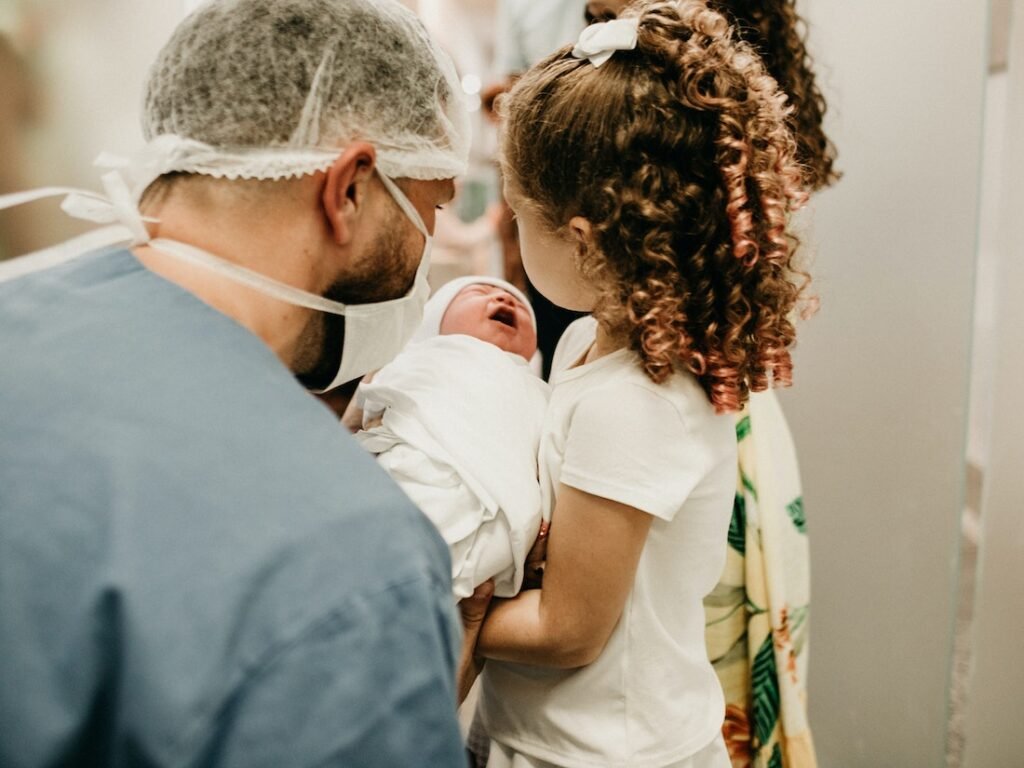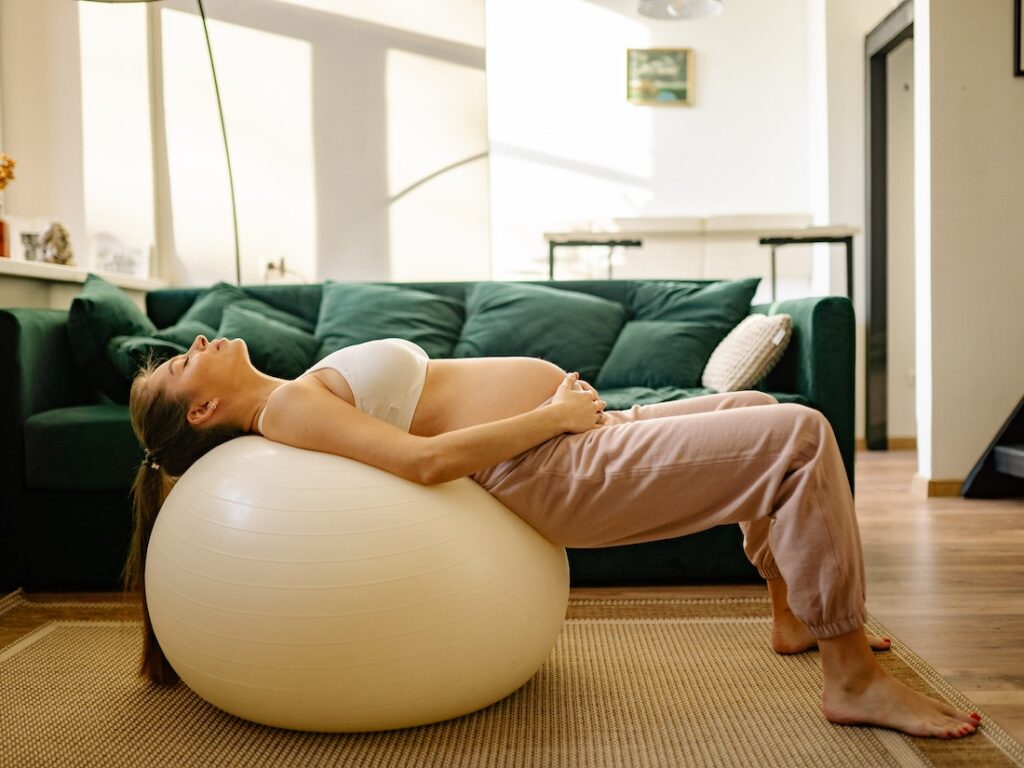
Periods, also known as menstruation, are a natural and vital part of a woman’s reproductive health. These monthly cycles are a sign that the body is functioning properly and are essential for the ability to conceive and carry a pregnancy.
But beyond just being a marker of fertility, periods also serve as a way for the body to shed the lining of the uterus, which can build up during the menstrual cycle. This shedding is crucial for maintaining the overall health of the uterus and preventing conditions such as endometriosis and fibroids.
Periods can also be a valuable indicator of overall health. Changes in the regularity, duration, or symptoms of a period can indicate issues such as thyroid imbalances, polycystic ovary syndrome, or even certain cancers.
It’s also important to note that periods also have a psychological impact on women. Regular menstrual cycles can help women feel more in control of their bodies and provide a sense of predictability in their lives.
Thus, significant changes in periods or their prolonged absence may become a cause of concern for women. However, it is natural for periods to stop during pregnancy, and they require some time to return to normal in the postpartum period.
Periods and pregnancy – understanding the link
During pregnancy, the body undergoes a number of significant hormonal changes that cause the menstrual cycle to stop or become irregular. The primary hormonal change that causes this is the increased levels of progesterone and human chorionic gonadotropin (hCG) in the body.
These hormones signal to the body that it is pregnant and prevent ovulation and the shedding of the uterine lining, which are necessary for a menstrual period to occur.
The absence of periods during pregnancy is a normal and expected occurrence. However, it can also be an early sign of pregnancy, as many women notice a missed period before any other symptoms.
When a woman becomes pregnant, the hormonal changes that occur also cause other physical and emotional symptoms, such as fatigue, morning sickness, and mood swings. These symptoms can be uncomfortable, but they are usually not dangerous and will subside after the first trimester.
It’s worth noting that, in some rare cases, women may experience some light bleeding or spotting during the early stages of pregnancy, which is referred to as implantation bleeding. This is caused by the fertilized egg implanting itself in the uterus. This is not the same as a period and should not be confused with one.
However, once the woman has given birth to a child or the pregnancy is over, periods will return gradually. However, the initial few periods might be irregular, as the body needs time to regularize things, hormone levels, and more.

No period after pregnancy? When to worry?
Not having a period after pregnancy, known as postpartum amenorrhea, is a common occurrence and is usually not a cause for concern. The body is still adjusting to the hormonal changes that occurred during pregnancy, and it can take some time for the menstrual cycle to return to normal.
Without breastfeeding, periods may generally return after 4 to 5 weeks or a bit longer. However, in the case of breastfeeding, periods may not return for six months or more or till you reduce breastfeeding. [1],[2]
It happens as lactation-related hormones can suppress ovulation and delay the return of menstruation.
However, in some cases, the absence of a period after pregnancy can be a sign of an underlying issue. Therefore, it’s important to consult with a healthcare provider if:
- You have not had a period for more than 6 months after giving birth, and you are not breastfeeding or breastfeeding irregularly.
- You experience heavy or prolonged bleeding after giving birth.
- You have symptoms such as abdominal pain or discomfort, breast tenderness, or headaches.
It’s also important to speak with your healthcare provider if you have a history of irregular periods or if you have any concerns about your overall health.
How to get your period back after the baby?
 Getting your period back after having a baby can take some time, and there is no specific timeline for when it will return.
Getting your period back after having a baby can take some time, and there is no specific timeline for when it will return.
It can take anywhere from a few weeks to several months for the menstrual cycle to resume, and it can vary depending on factors such as breastfeeding, overall health, and the individual woman’s body.
Here are a few tips that may help to regulate your menstrual cycle after pregnancy:
- Consider taking a prenatal vitamin: Prenatal vitamins contain essential nutrients that can help support your body during the postpartum period.
- Maintain a healthy diet and lifestyle: Eating a balanced diet and regular exercise can help regulate your menstrual cycle and support overall health.
- Get enough sleep: Sleep is essential for overall health and well-being and can help regulate the menstrual cycle.
- Breastfeed less frequently or wean your baby off breastfeeding: Lactation-related hormones can suppress ovulation and delay the return of menstruation. Thus, breastfeeding less regularly may help.
However, a word of caution: breastmilk is the best source of nutrition for a newborn. Thus, this method should only be considered when a child has started having food.
WHO and the American Academy of Pediatrics (AAP) recommends feeding a child exclusively with breastmilk for the first six months of life. [3]
Consult with your healthcare provider: If you have concerns about your menstrual cycle or overall health, consult with your healthcare provider. They may suggest additional tests or treatments if needed.
It’s worth noting that some women may not have regular periods for several months after giving birth, which can be normal, especially if you are breastfeeding. However, if you have not had a period for more than 6 months or have any other symptoms, it’s important to consult your healthcare provider to rule out any underlying issues.
In summary, getting your period back after having a baby can take some time, and there is no specific timeline for when it will return. However, it can be helpful to maintain a healthy diet and lifestyle, get enough sleep, and consult with your healthcare provider if you have any concerns.
References
- Australia H. Periods while breastfeeding. Published June 30, 2021. Accessed January 24, 2023. https://www.healthdirect.gov.au/breastfeeding-and-periods
- When will my periods start again after pregnancy? nhs.uk. Published June 27, 2018. Accessed January 24, 2023. https://www.nhs.uk/common-health-questions/pregnancy/when-will-my-periods-start-again-after-pregnancy/
- American Academy of Pediatrics Calls for More Support for Breastfeeding Mothers Within Updated Policy Recommendations. Accessed January 24, 2023. https://www.aap.org/en/news-room/news-releases/aap/2022/american-academy-of-pediatrics-calls-for-more-support-for-breastfeeding-mothers-within-updated-policy-recommendations/




 Dr. Preet Pal SB is a physician (M.D. Medicine) with a specialization in diabetes (Fellowship in diabetes, Royal Liverpool Academy). He has a particular interest in metabolic disorders, considering that they are rising in every corner of the world, more so in India.
Dr. Preet Pal SB is a physician (M.D. Medicine) with a specialization in diabetes (Fellowship in diabetes, Royal Liverpool Academy). He has a particular interest in metabolic disorders, considering that they are rising in every corner of the world, more so in India.